Title
UNLOCKEDPosted in
Book, ExhibitionEditor
Vassilis ZidianakisFormat
hardcoverDetails
Pages: 512
Dimensions: 21×28 cm
ISBN
978 960 89637 5 7Price
€49.50Official Website
atopos.gr/unlocked-book| Detailed Information | |||||
|---|---|---|---|---|---|
| Title | UNLOCKED | Posted in | Book, Exhibition | Editor | Vassilis Zidianakis |
| Format | hardcover | Details | Pages: 512 | ISBN | 978 960 89637 5 7 |
| Price | €49.50 | E-shop | Official Website | atopos.gr/unlocked-book | |
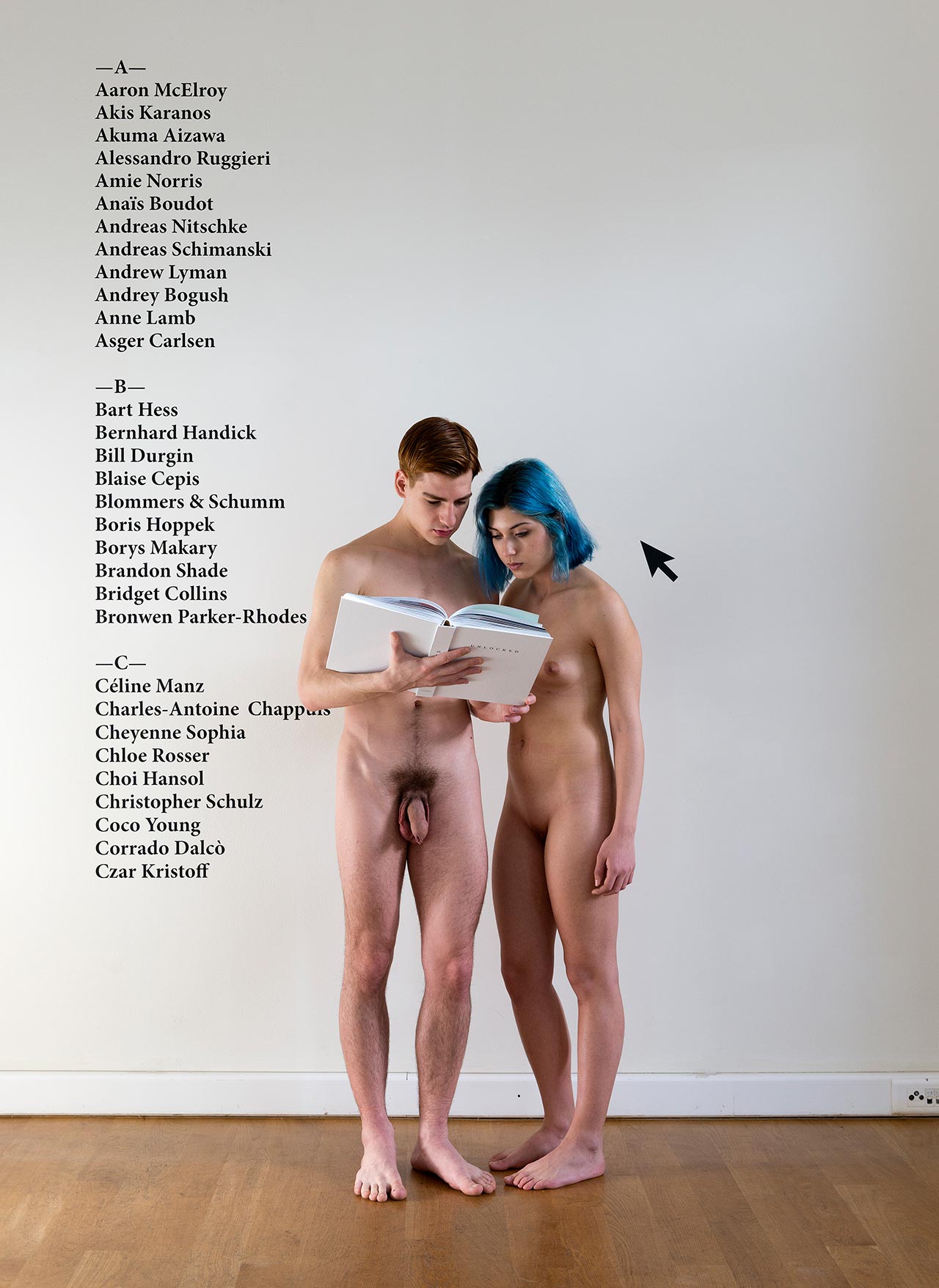
UNLOCKED exhibition at ATOPOS cvc / installation shots by Panos Kokkinias.
The book’s images are sourced mainly from Tumblr and other forms of social media and cover a wide gamut of techniques and aesthetics. Some photographers, like Ren Hang from China and Sasha Kurmaz from Ukraine, depict the naked body with irreverence and humour, their explicit photographs verging on the absurd —whereas others like Mayumi Hosokura from Japan take more sombre and poetic photographs. Digital manipulation is the main characteristic of several entries, such as New York-based, Danish photographer Asger Carlsen’s black & white nudes for his “Hester” series where different body parts are seamlessly merged; similarly confusing, Dutch duo Blommers & Schumm’s contribution from their project “The Future of Sex” merges the female and male body into contorted positions, blurring the gender lines but at the same time exuding eroticism. Varied as they are, the selected images that are part of UNLOCKED form a “rhythmical piece open to all kinds of interpretation” as Zidianakis explains.

UNLOCKED exhibition at ATOPOS cvc / installation shots by Panos Kokkinias.
Organised as an event coinciding with the book’s release as a limited-edition publication, the exhibition at the ATOPOS gallery appears to eschew the visual blast of the book’s images for a more sombre display with blue and magenta copies of the publication’s proofs hanging on the walls, a bookcase-lined room filled with copies of the book and the contributors’ names solemnly stencilled on the walls. What spiced things up during the opening was an unannounced appearance of a naked couple who walked through the gallery and interacted with each other in an unscripted performance echoing the book’s cheekiness and irreverence. Hanging by the bookcase, they at times rearranged the books, used them as props to both draw attention to and conceal their nudity, or even laid on the gallery’s empty shelves and counters. This unique nude performance, which will recur on unspecified dates, acknowledged the ubiquitousness of the naked body in the age of the internet but also invited the visitor, like the photographs in the book, to view it in novel ways.
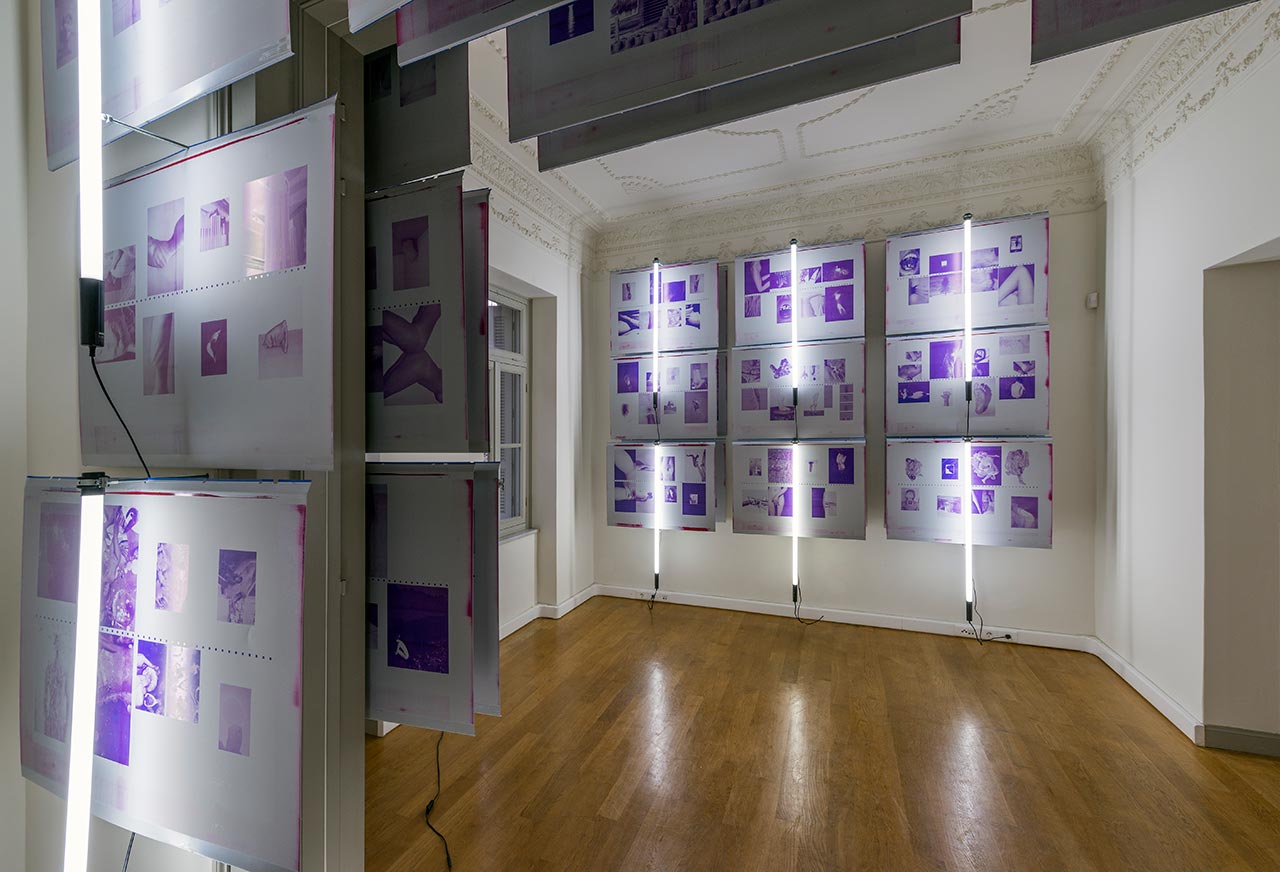
UNLOCKED exhibition at ATOPOS cvc / installation shots by Panos Kokkinias.

Photo by Alessandro Ruggieri,
from UNLOCKED © Atopos cvc, Athens.
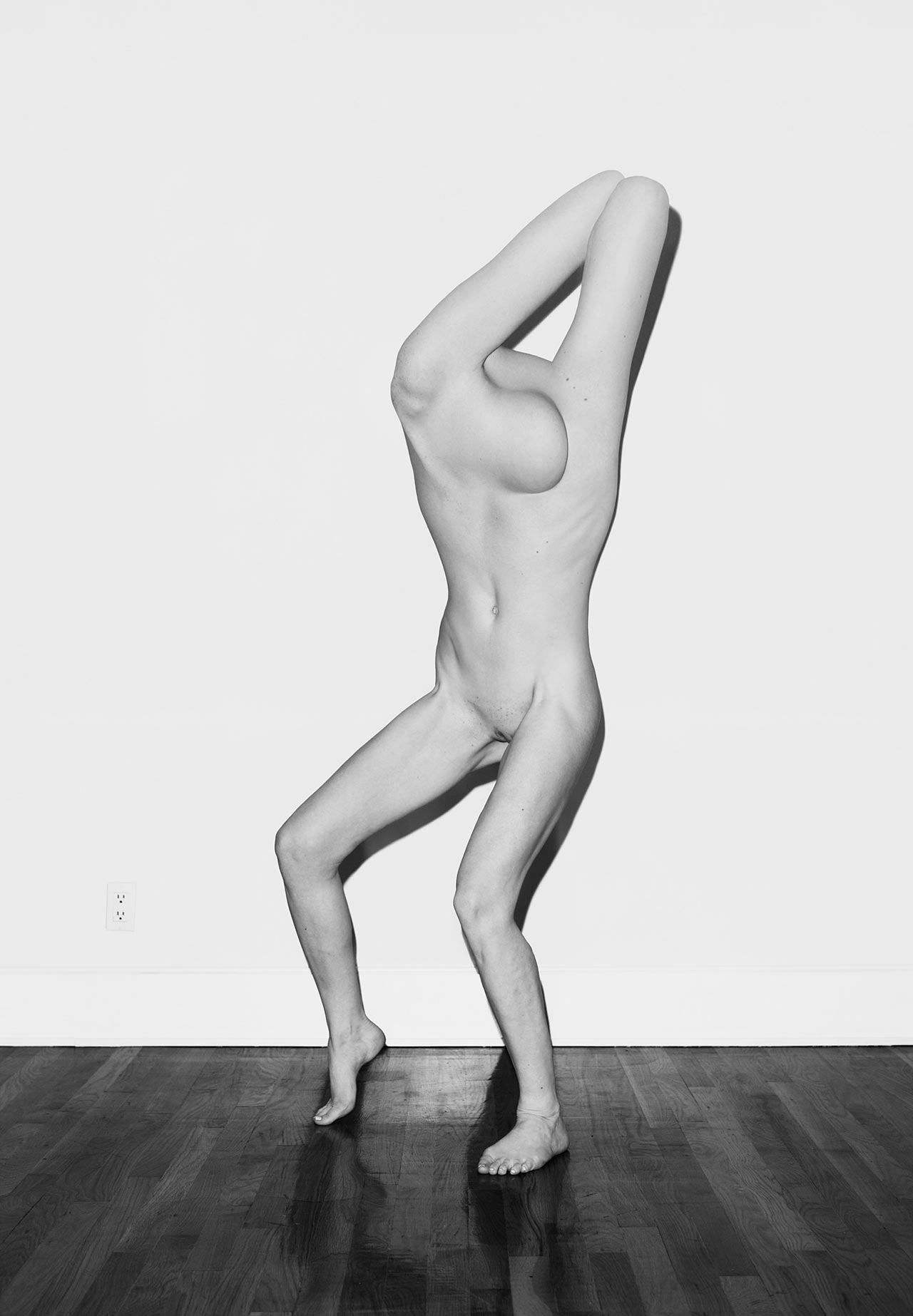
Photo by Asger Carlsen,
from UNLOCKED © Atopos cvc, Athens.
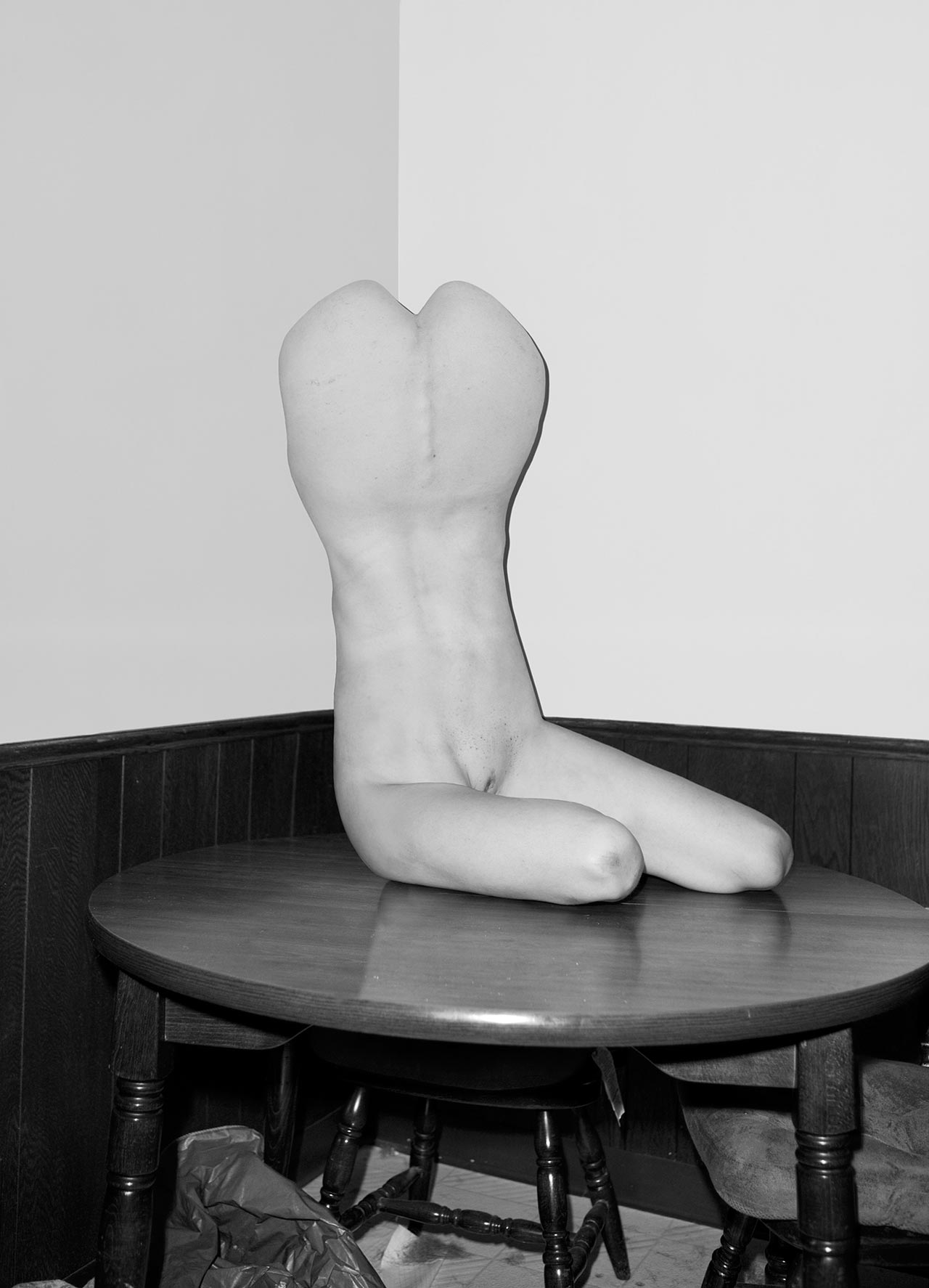
Photo by Asger Carlsen,
from UNLOCKED © Atopos cvc, Athens.
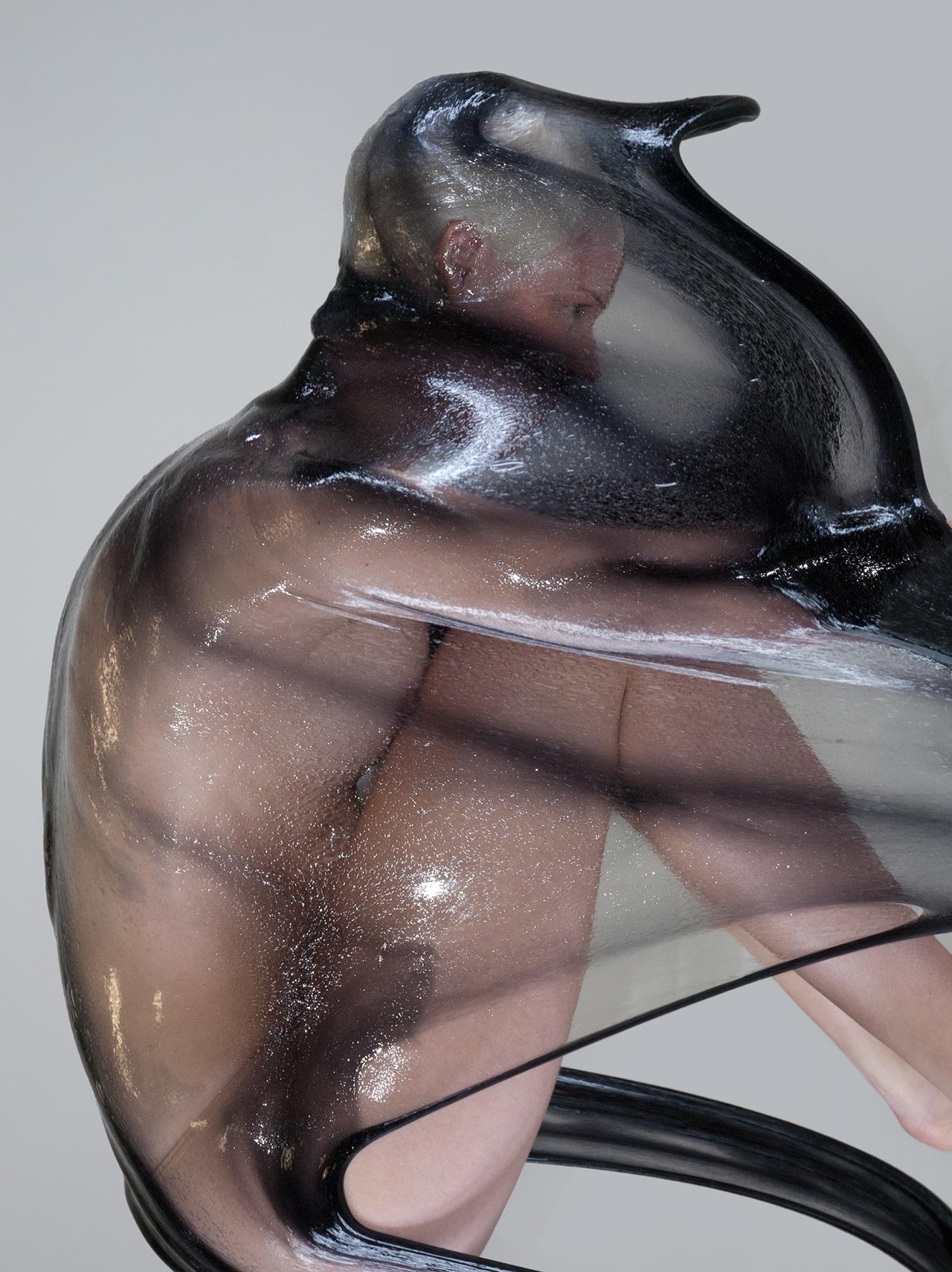
Photo by Bart Hess,
from UNLOCKED © Atopos cvc, Athens.
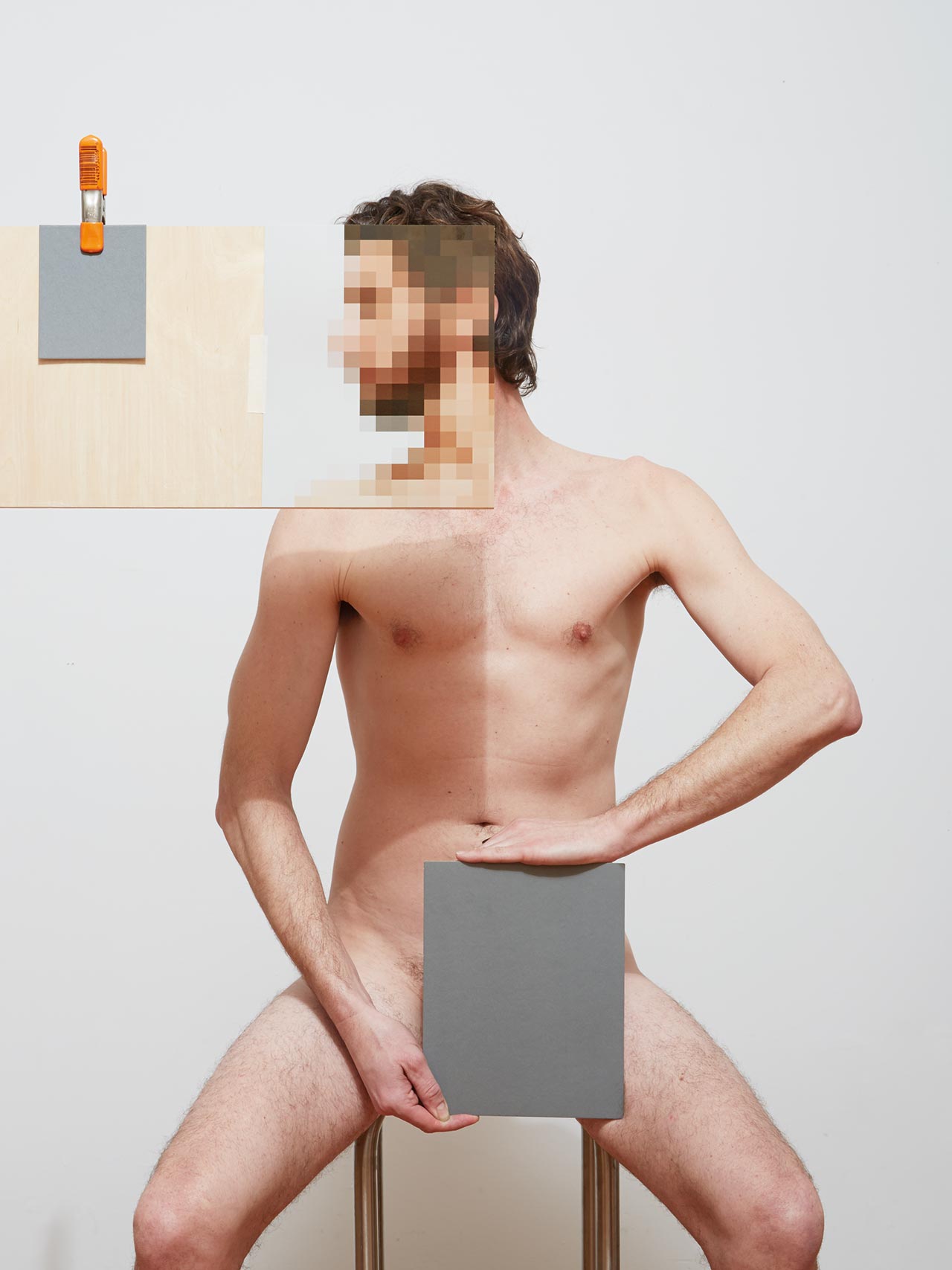
Photo by Bill Durgin,
from UNLOCKED © Atopos cvc, Athens.
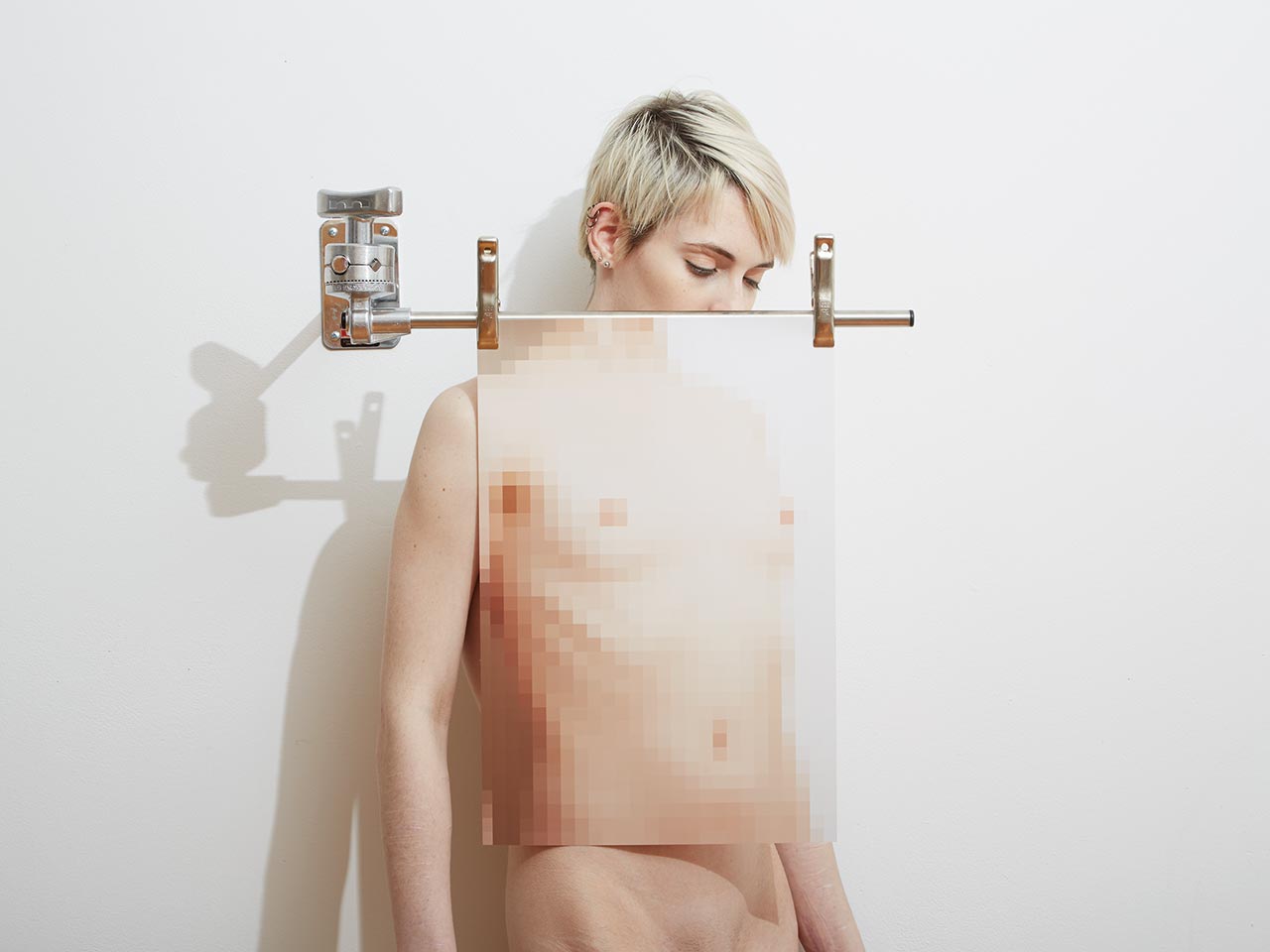
Photo by Bill Durgin,
from UNLOCKED © Atopos cvc, Athens.
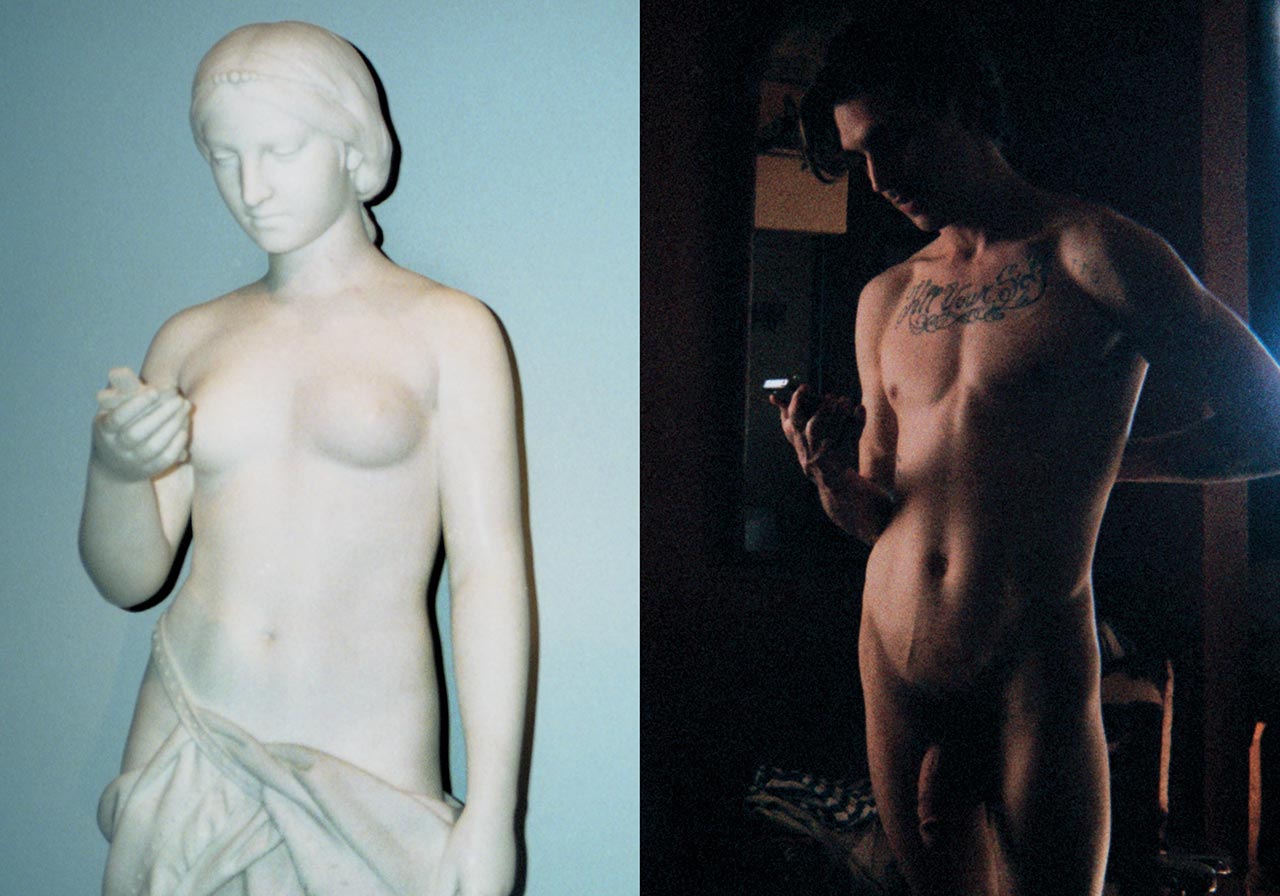
Photo by Coco Young,
from UNLOCKED © Atopos cvc, Athens.
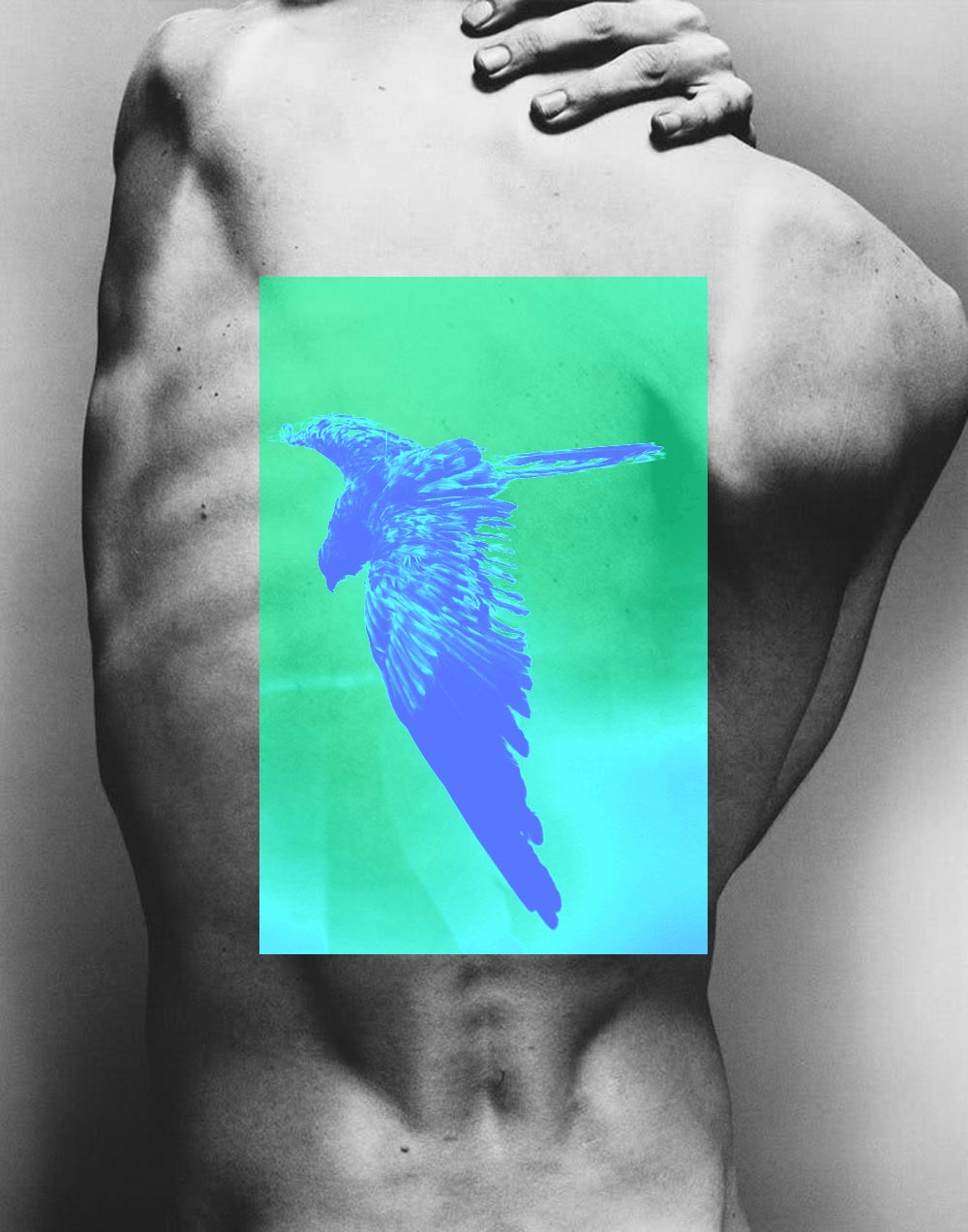
Photo by David Marinos,
from UNLOCKED © Atopos cvc, Athens.
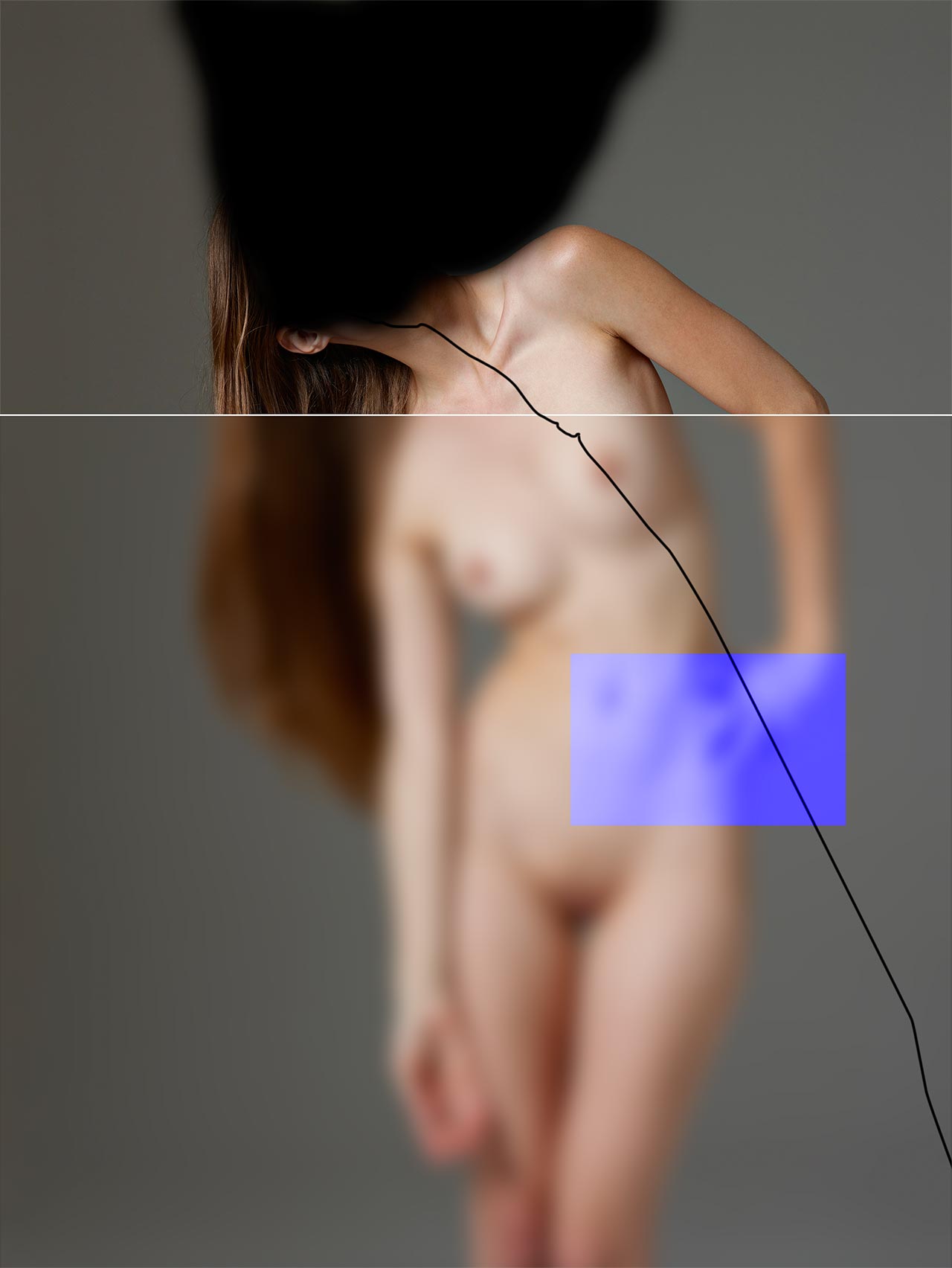
Photo by David Marinos,
from UNLOCKED © Atopos cvc, Athens.
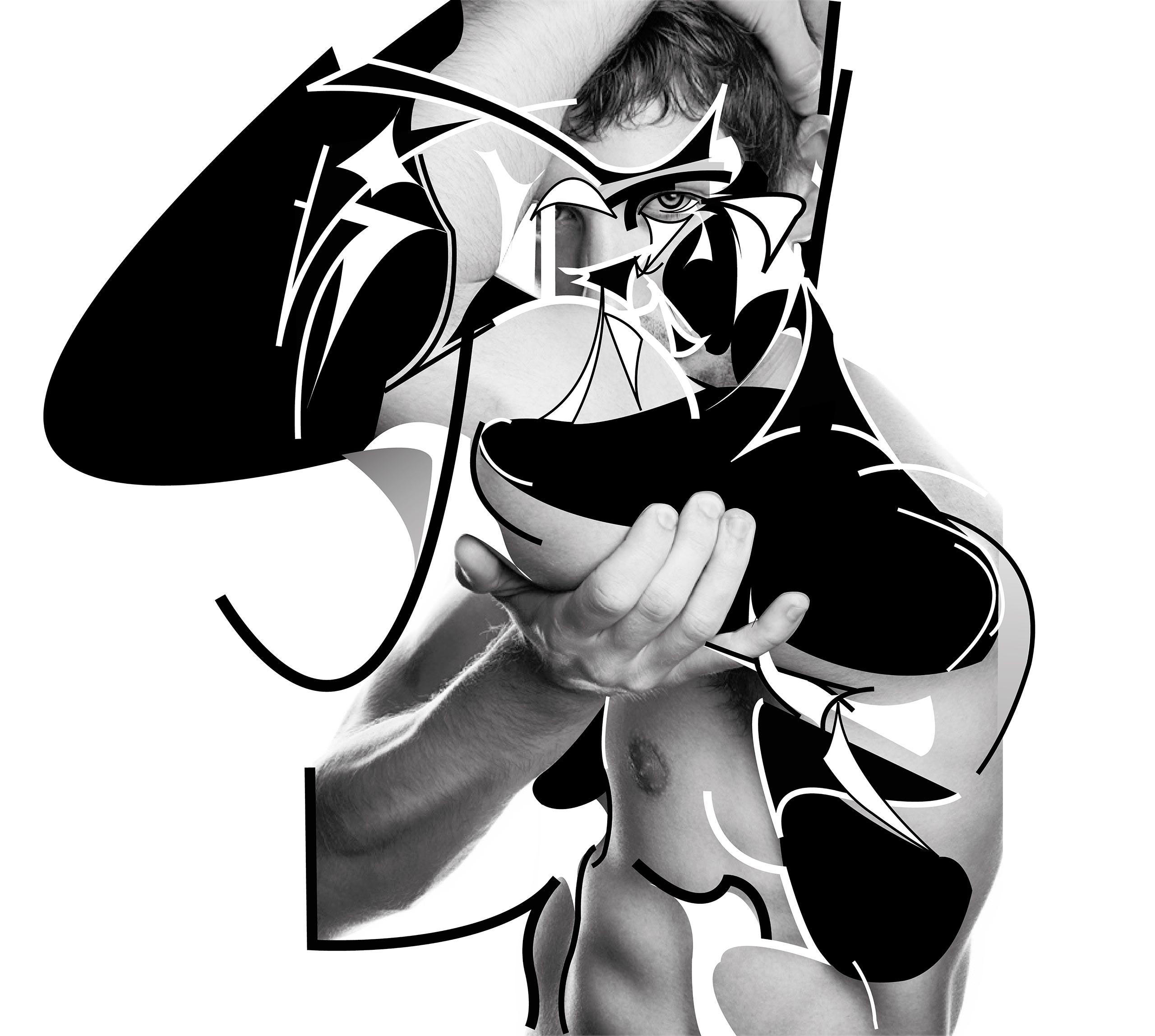
Photo by Erevank Argel,
from UNLOCKED © Atopos cvc, Athens.

Photo by Eylül Aslan,
from UNLOCKED © Atopos cvc, Athens.

Photo by Harold Diaz,
from UNLOCKED © Atopos cvc, Athens.
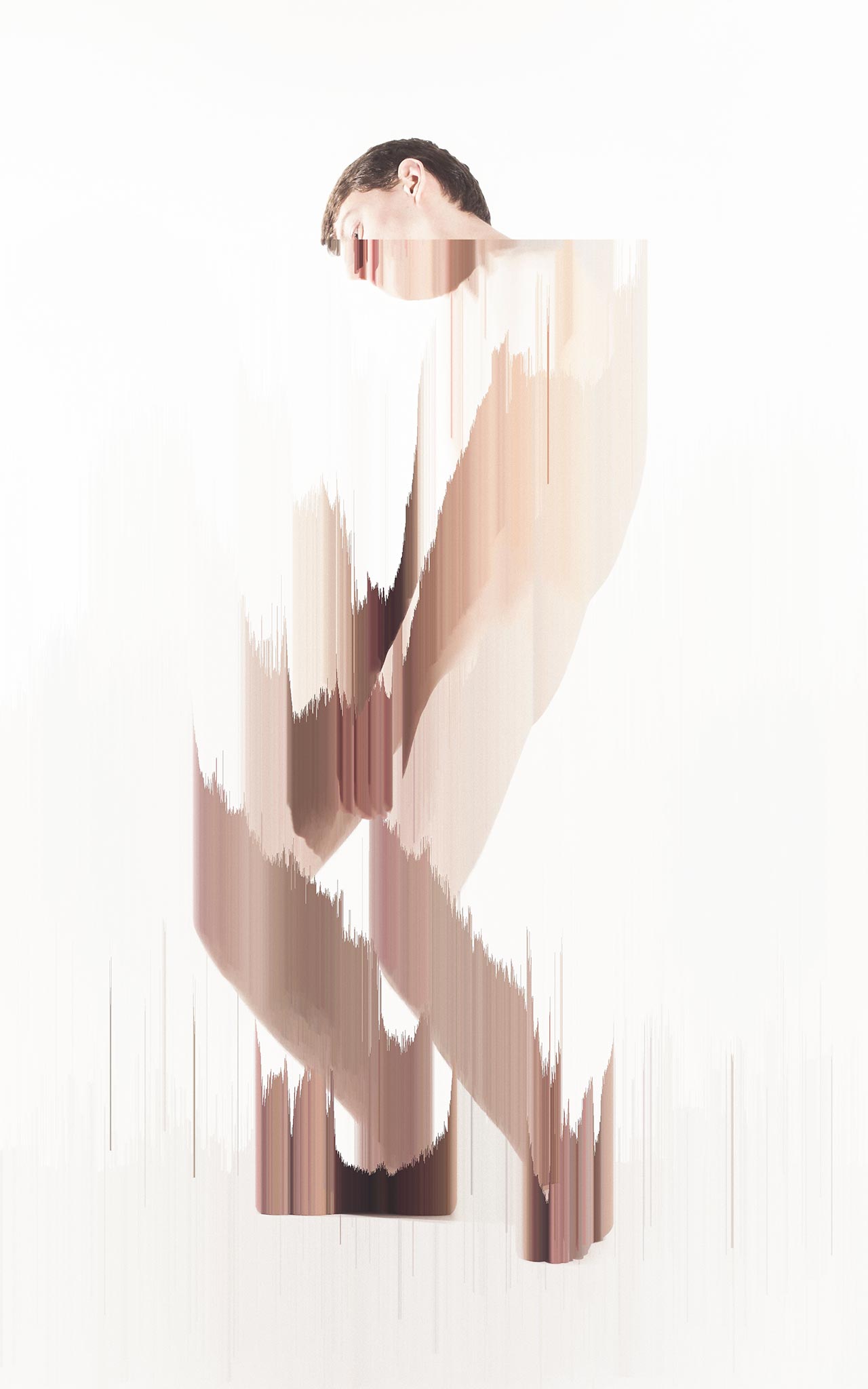
Photo by Jayson Edward Carter,
from UNLOCKED © Atopos cvc, Athens.

Photo by Marlous van der Sloot,
from UNLOCKED © Atopos cvc, Athens.

Photo by Ren Hang,
from UNLOCKED © Atopos cvc, Athens.
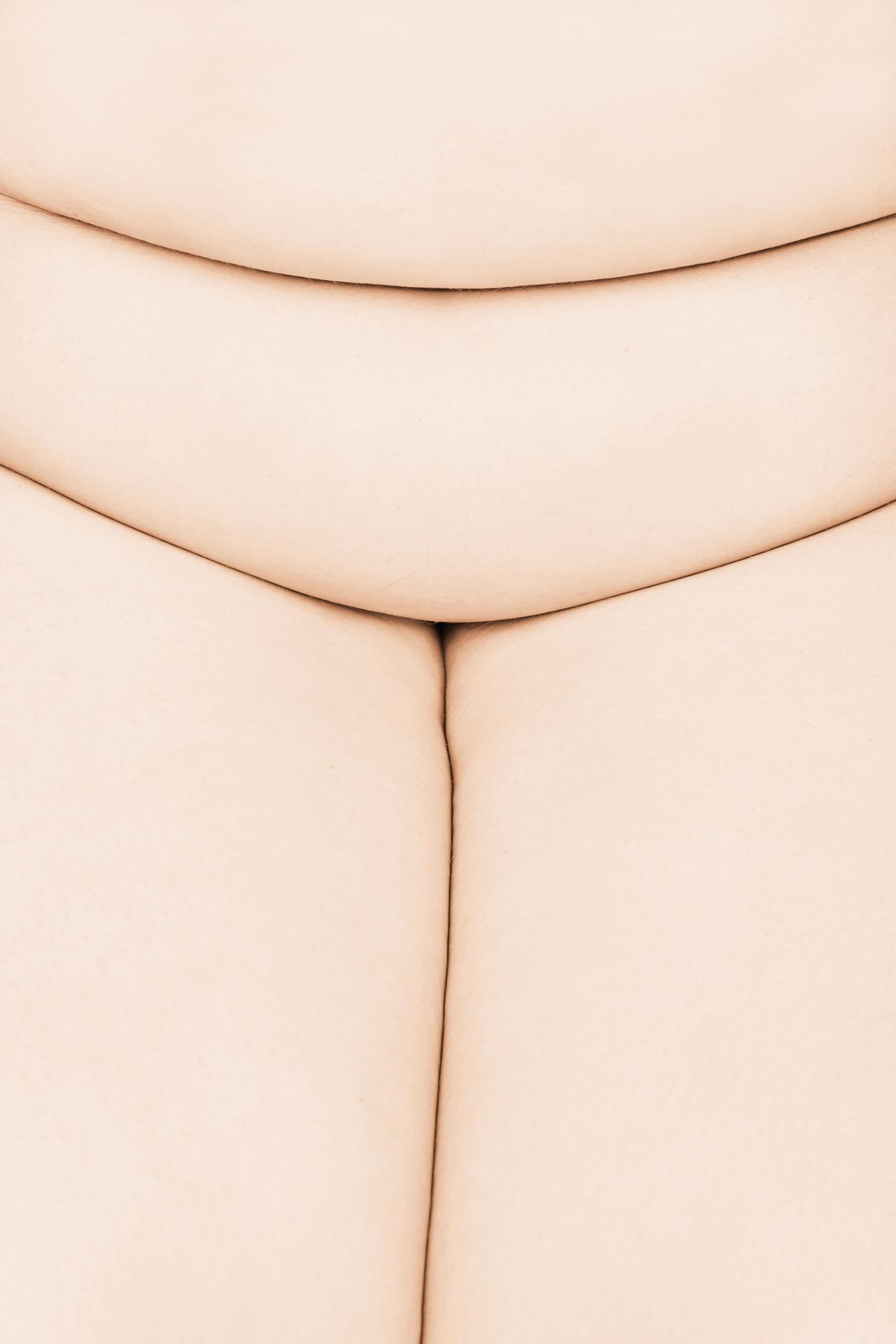
Photo by Mathilde Giron,
from UNLOCKED © Atopos cvc, Athens.
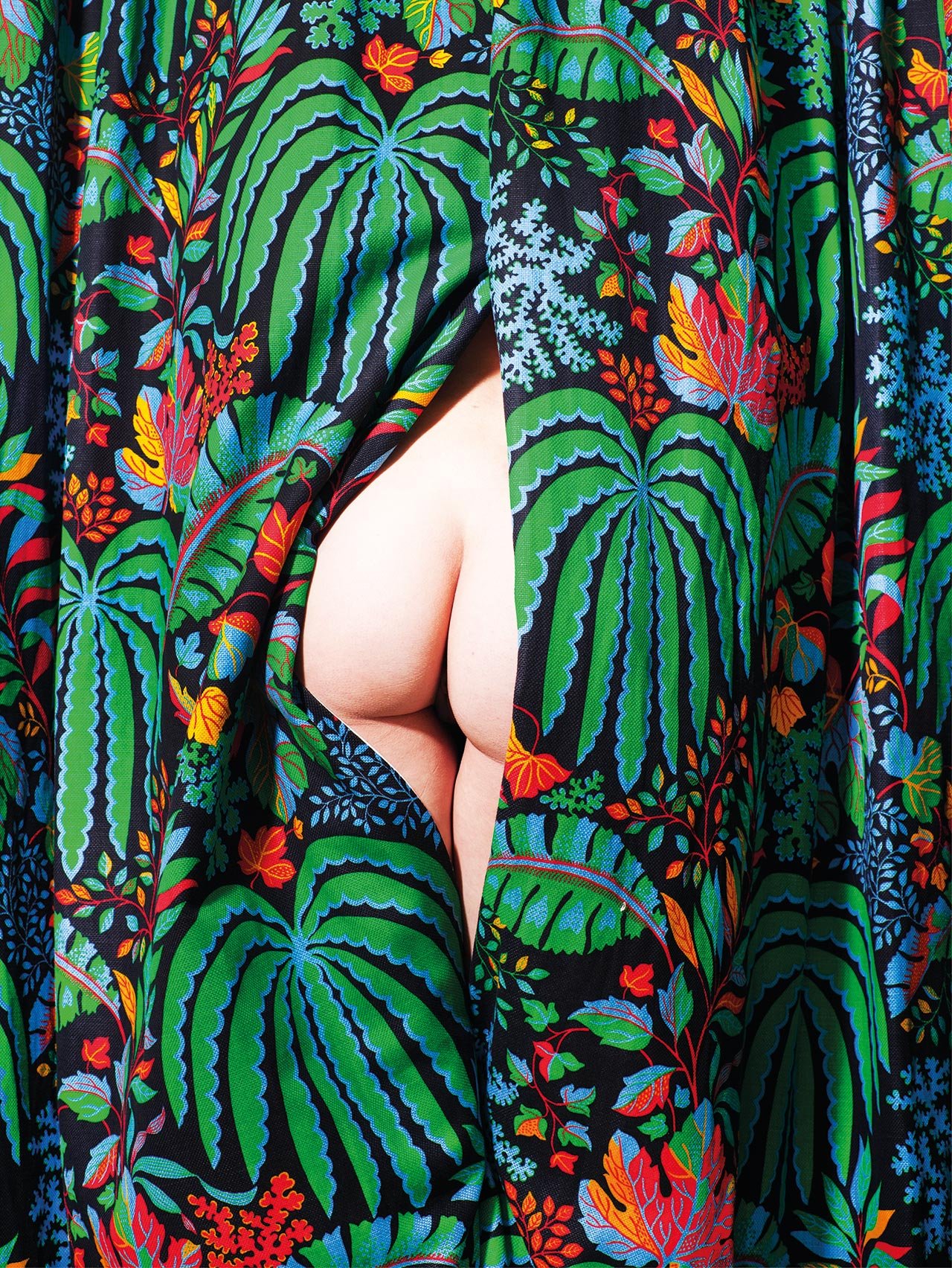
Photo by Maxime Leyvastre,
from UNLOCKED © Atopos cvc, Athens.
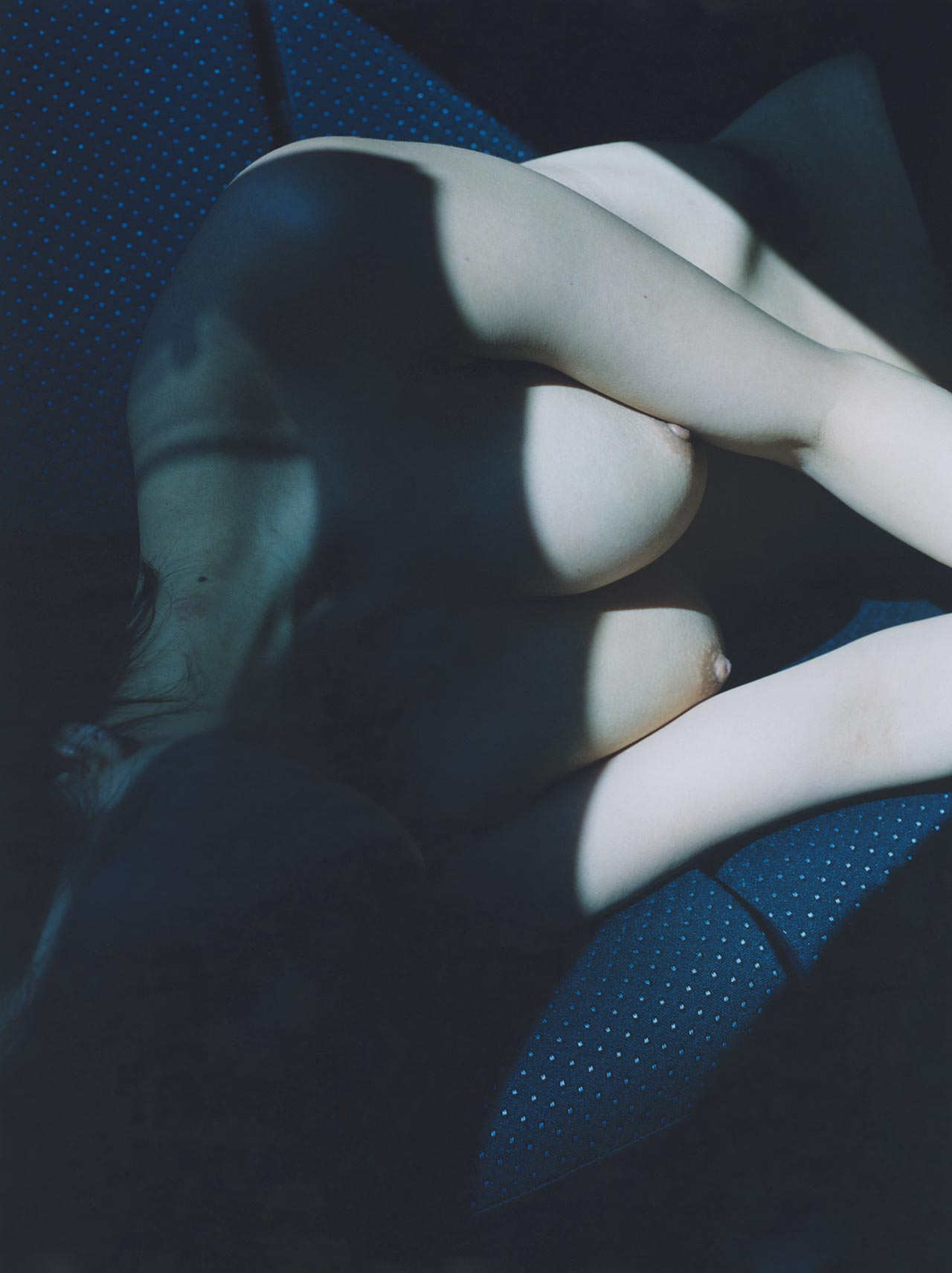
Photo by Mayumi Hosokura,
from UNLOCKED © Atopos cvc, Athens.
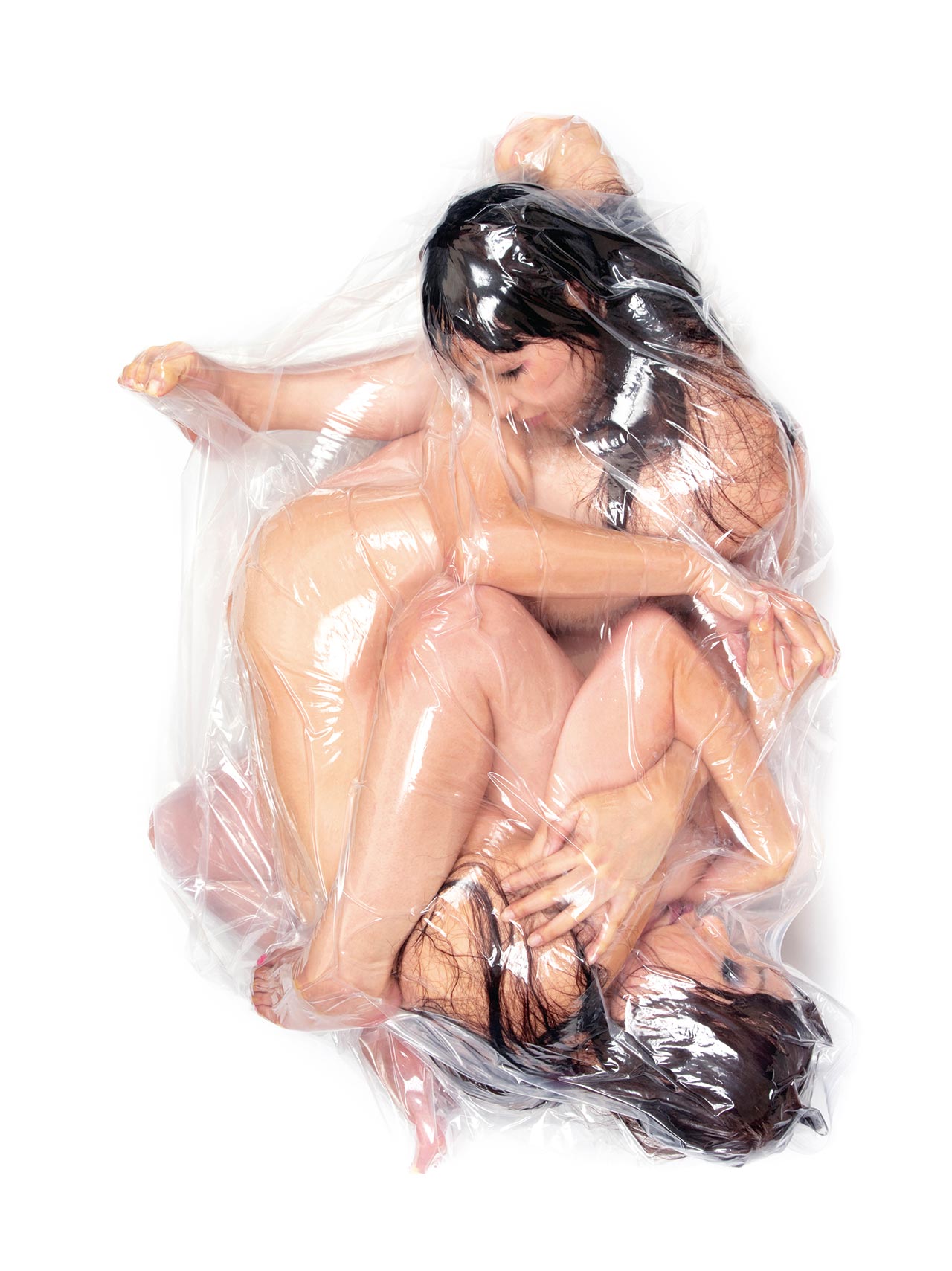
Photo by Photographer Hal,
from UNLOCKED © Atopos cvc, Athens.

Photo by Sasha Kurmaz,
from UNLOCKED © Atopos cvc, Athens.

Photo by Sasha Kurmaz,
from UNLOCKED © Atopos cvc, Athens.

Photo by Stelios Kallinikou,
from UNLOCKED © Atopos cvc, Athens.
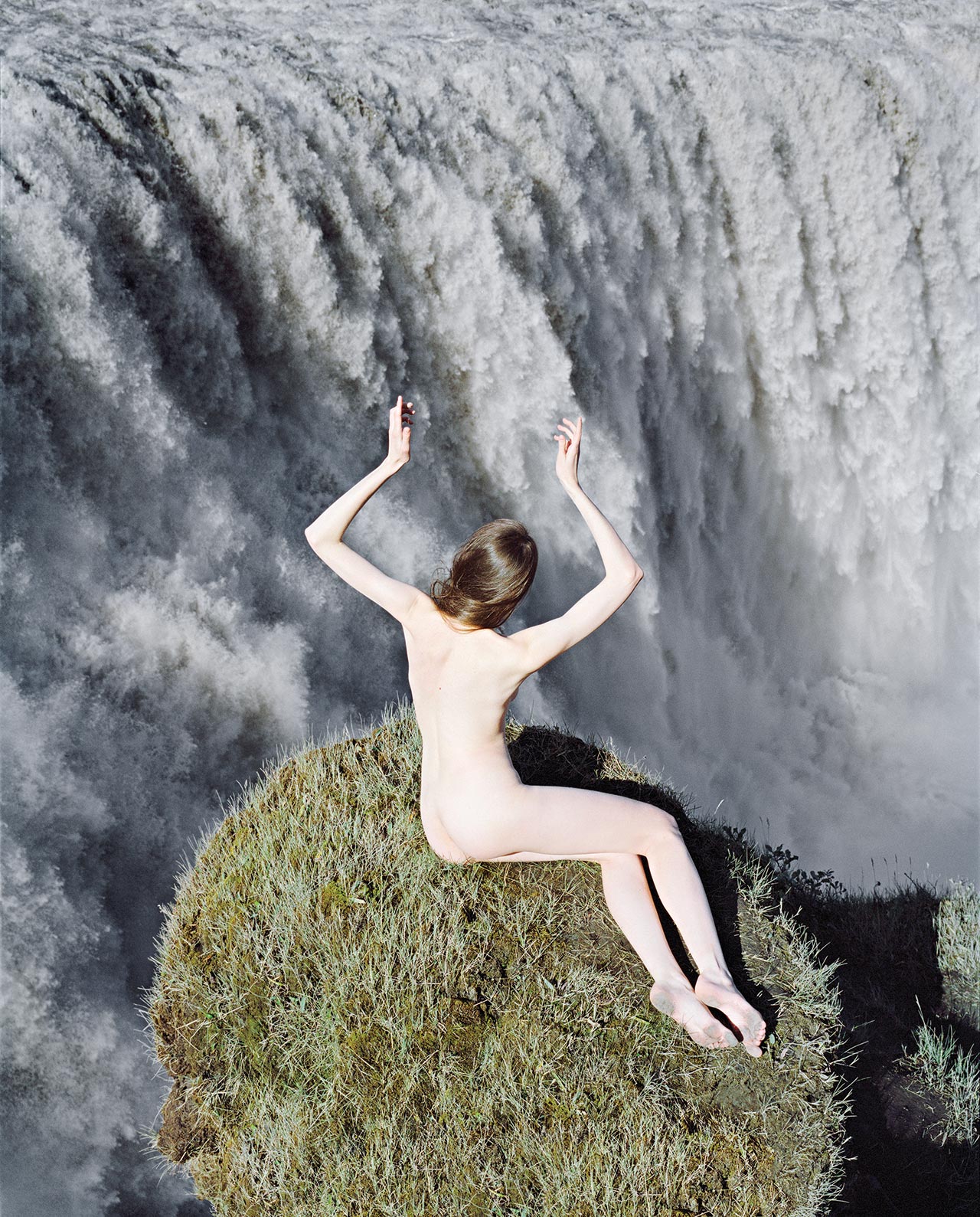
Photo by Synchrodogs,
from UNLOCKED © Atopos cvc, Athens.















